Health & Medicine
-
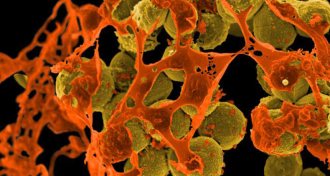 Health & Medicine
Health & MedicineMolecules found to counter antibiotic resistance
Molecules made in a lab can foil antibiotic resistance in bacteria.
-
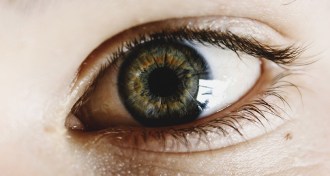 Health & Medicine
Health & MedicineNew techniques regrow lens, cornea tissue
Preliminary stem cell discoveries may restore lenses and corneas.
-
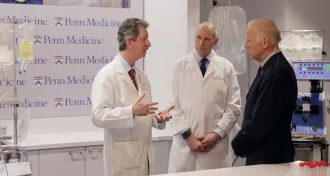 Health & Medicine
Health & Medicine‘Cancer moonshot’ launch prep under way
Details are trickling out for the president’s proposed “cancer moonshot,” but plan for launch is still months off.
By Laura Beil -
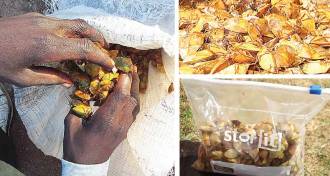 Animals
AnimalsEat your stinkbugs
Prepared as a snack by some groups in southern Africa, the stinkbug Encosternum delegorguei is a good source of protein and antioxidants.
-
 Health & Medicine
Health & MedicineMind’s healing powers put to the test in new book
Cure: A Journey Into the Science of Mind Over Body investigates the brain’s role in keeping people healthy.
-
 Health & Medicine
Health & MedicineBrazil study strengthens link between Zika virus, birth defects
In a study of pregnant women in Brazil, nearly 30 percent of those infected with Zika virus had babies with fetal abnormalities.
By Meghan Rosen -
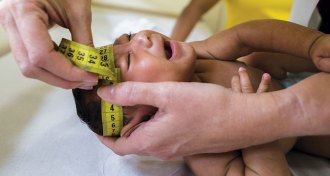 Health & Medicine
Health & MedicineMicrocephaly: Building a case against Zika
Zika virus is the prime suspect for Brazil’s recent surge in birth defects. New evidence in human cells strengthens the case, but more definitive proof could come this summer from Colombia, where thousands of pregnant women have been infected.
By Meghan Rosen -
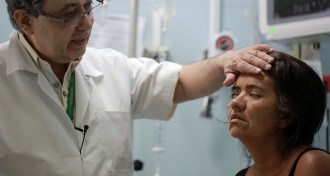 Health & Medicine
Health & MedicineScientists probe Zika’s link to neurological disorder
The link between the Zika virus and Guillain-Barré syndrome is growing stronger.
By Laura Sanders and Meghan Rosen -
 Health & Medicine
Health & MedicineExplaining Henry VIII’s erratic behavior
Researchers say Henry VIII suffered several traumatic brain injuries that may explain his explosive outbursts and memory problems.
-
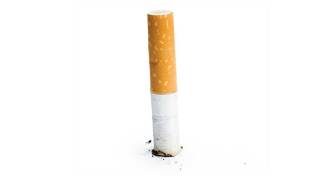 Health & Medicine
Health & MedicineThere’s more than one way to quit smoking
Three therapies to quit smoking are all about equally effective in the long term, a new study finds.
By Meghan Rosen -
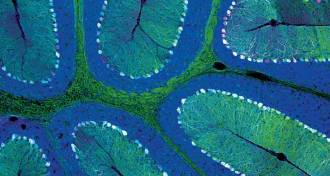 Neuroscience
NeuroscienceBrain cells aglow after viral delivery
The virus AAV-PHP.B proves best at delivering genes to brain cells in mice. Similar viruses may eventually be used for gene therapy in humans.
-
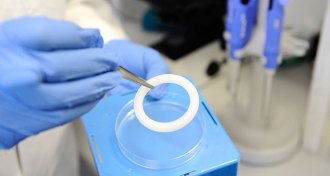 Health & Medicine
Health & MedicineVaginal ring somewhat effective at preventing HIV infection
Studies of vaginal ring for HIV protection show promise, challenges.
By Laura Beil